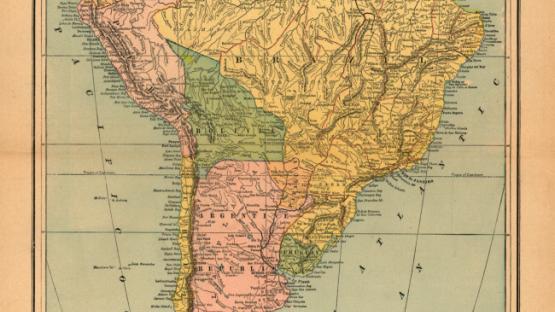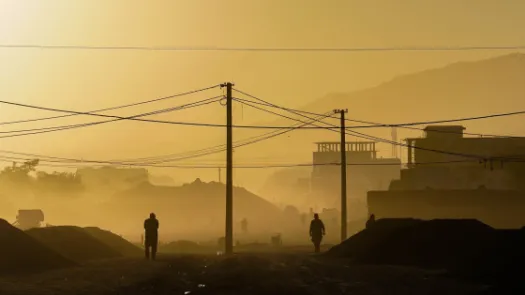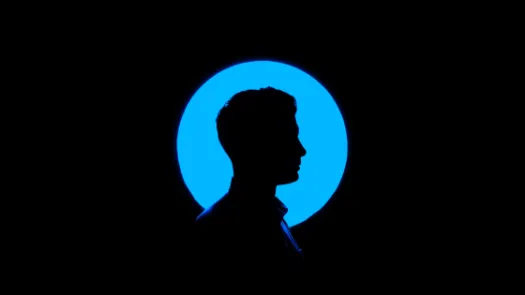Liliana: “If you don’t have RUT, you can’t do it.”

Photo credit: Douglas Fernandes
The exclusion caused by ID can have a devastating effect on people, limiting their opportunities and ability to survive. In September 2018, Privacy International interviewed people in Santiago, Chile who had faced problems from the Chilean ID system, known as the RUT. Names have been changed.
It was never going to be easy for Liliana, entering Chile without a visa. But, in Chile, the ID system – known as the RUT – is ubiquitous; without one, as she would discover, life can become very difficult. This illustrates the deep links RUT has in Chile, and the requirements it imposes for people to access financial services, health care, and their human rights.
Liliana is from Colombia. In 2014, She was told that a job was waiting for her in Chile and, along with two friends, paid money to be taken there. “We were supposed to have someone to receive us with a job offer and everything”.
But, halfway across Peru, the people smugglers abandoned Liliana and her friends: “they left us. They abandoned us. So we had a choice: go back to Colombia, or go through with the plan.” They realised that they had already spent a lot of money, and so decided to go forward with the plan. They travelled through Bolivia into Chile.
Arriving illegally in Chile meant, of course, that Liliana lacked a visa – but she also didn’t have the Chilean ID, the RUT. Arriving in these circumstances was “very, very difficult.” The biggest problem was work – employers knew that Liliana was working illegally. “You work harder and are paid a lot less than is required by the law. You accept to be low paid, just to not lose the job.”
Liliana took various jobs after she arrived in Chile: first as a cleaning lady, then at a fast-food restaurant. At one of these jobs, her now husband – Juan – was working the nightshift, when they met in September 2015.
Not having a RUT has consequences “for everything”. Healthcare was a particular concern: “If you don’t have RUT, you can’t make payments for health plans. You can’t apply for a health plan at all.” If she got sick, the only option was to survive the best she could. “Once we had to go the doctor, it was a private service, and we had to pay a lot of money. No benefits, no discounts”, her husband explains. “I couldn’t apply to a health plan at a public hospital because I didn’t have the RUT number”, Liliana adds. This was in the context of only having low-paid work, because of the ability of employers to exploit her immigration status: “without the papers, people take advantage. They know that you need the job, so they pay you what they want.”
As well as healthcare, it wasn’t possible for Liliana to open a bank account, not even the most basic of accounts that is linked to an individual’s RUT. Her husband explained, “Without a RUT number, you can’t have a bank account. The bank account that is affiliated to the RUT number is the one that pretty much everyone uses, but you can’t even get that.” Liliana had no access to credit; she paid for everything in cash.
She wanted to send money back to her family in Colombia. But lacking a RUT meant that she lacked a bank account. On top of that, money transfer services – such as Western Union – would not accept her making a transfer without a RUT number. “If you don’t have RUT, you can’t do it.” To send money back to her mother in Colombia, Liliana had to rely on a Chilean friend she made soon after she arrived, who helped her by letting her use her bank account to transfer money.
At the same time, there were other risks, like the police. While Liliana was never stopped, the fear was still there. “You try to avoid them because it is a risk. So you’re always scared, and you know any moment they can stop you in the street and you can be deported, because you don’t have your papers.”
Accommodation also proved a problem. “Without a RUT you can’t rent a place or do anything.” She stayed with a friend, or sometimes with her employer, until she moved in with her boyfriend, now her husband.
A few months after she met her now husband, Juan, they started the process of applying for a visa to regularise her status. It took over a year. At one point her application was rejected; however, they were able to appeal – that involved doing the whole application over again. One reason that they think the visa took so long is her nationality. She thinks that Colombians and Peruvians have a harder time than Venezuelans or Haitians, as they receive a visa for a shorter time period and are made to pay far more. They also said that they witnessed an increase in migration to Chile, and that this impacted upon the visa progress – as the queues at the visa offices grew far longer over that time.
The bureaucratic challenges were immense. “To get your papers here, there is a lot of bureaucracy in getting a visa … the service is very slow. There is only one office for a lot of people, and the queue can get monstrous. People have to get into the line the day before, and sleep there. They have to spend the night so you can get your appointment the next day. The majority of the offices will only see you until 1pm or noon – half a day.”
They were lucky – they lived close to the visa office. But people who lived further away were not so fortunate. For Liliana and Juan, they were able to start queuing at 3 in the morning. Juan explains, “Actually, I was the one in the queue, and then when she woke up in the morning, she would go”.
Liliana and Juan wanted to get married, but it was not possible before she could get a RUT card. “We couldn’t get married … We asked in many, many places, in different registry offices, but they all said no”, Juan confirmed.
This was one reason why, when Liliana eventually got the visa: “it was happiness! It was a blessing….It was a way to go forward with life.” One of the main reasons for this was that Liliana was now able to travel back to Colombia to see her family. “The minute I had that visa, I could travel back home. If I travelled without the visa, I couldn’t come back. That was very hard for me, and I hadn’t seen my family in three years. So I was very, very happy.”
Because she got the visa, Liliana now has a RUT, and recognises the advantages that this brings: “it’s actually making everything easier to have an ID card. Because everywhere they ask for your papers, and if you see you’re underpaid you can raise your voice about that”. She is now in formal employment – with a contract, a health plan, and holiday leave.
She and Juan have gotten married, and she is now pregnant with their first child. “Overall it has been hard,” she says. “But it has been worth it. We’re satisfied.” He adds: “Even through the difficulties, you do it for the person you love.”



